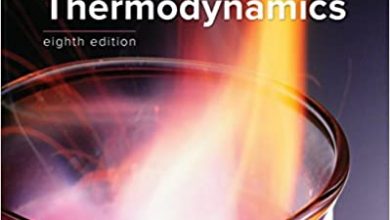

Steam systems are used at almost every industrial facility on the planet, so you can apply 100% of what you have learnt to the real world. Irrespective of your engineering background, learning about steam will greatly benefit your career. Boilers (designs, advantages, disadvantages etc.). Steam properties (wet, dry, saturated, enthalpy etc.). Combustion theory (efficiency, heat values etc.). Heat transfer (conduction, convection and radiation etc.). Heat fundamentals (thermodynamics, latent heat, sensible heat etc.). Why we use steam instead of other energy fluids. This course looks at the origins of steam, its theory (thermodynamics), generation and applications. Humans have been harnessing the power of steam for thousands of years, but it is only in the past 200 years that we have started to rely on it for countless engineering applications.

The industrial revolution may have been fired by coal, but it was powered by steam.

Steam properties (wet, dry, saturated, enthalpy etc.).īoilers (designs, advantages, disadvantages etc.).Ī bit of background engineering knowledge would be of benefit, but is not required. Heat transfer (conduction, convection and radiation etc.).Ĭombustion theory (efficiency, heat values etc.). Heat fundamentals (thermodynamics, latent heat, sensible heat etc.). Why we use steam instead of other energy fluids. Language: English | VTT | Size: 1.57 GB | Duration: 3 hours


 0 kommentar(er)
0 kommentar(er)
